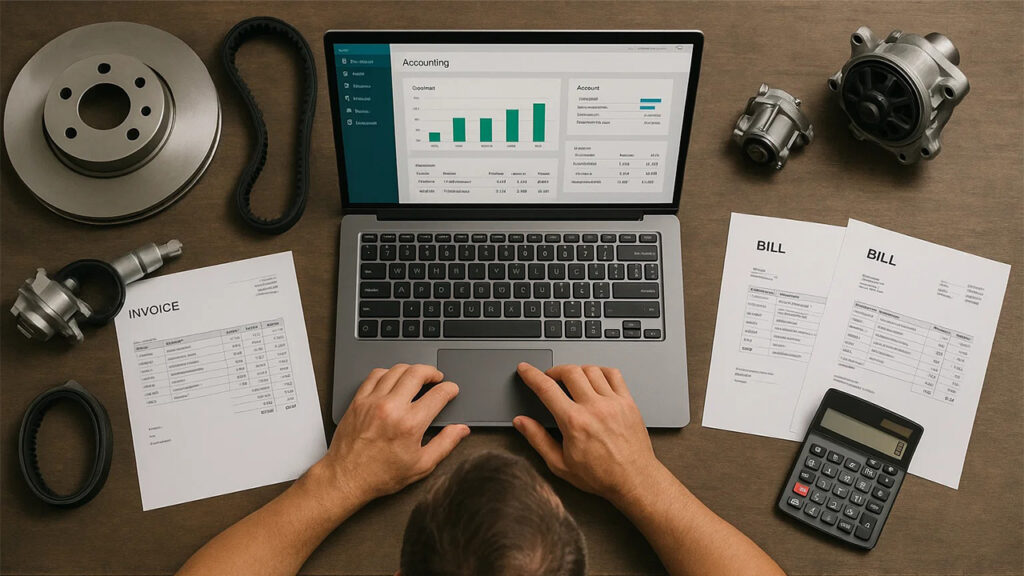Essential Accounting Tips Every Business Owner Should Know

Whether you’re running a workshop, managing a parts store, or overseeing a distribution center in the automotive industry, strong accounting practices are the backbone of financial success. As Beekay Group continues to support India’s auto aftermarket with genuine parts and world-class distribution services, we understand how vital it is for business owners—especially in automotive services—to keep their books in order.
1. Separate Business and Personal Finances
One of the first rules of business accounting is to keep your business and personal finances separate. Open a dedicated business bank account and use it exclusively for transactions related to your auto business—whether it’s for buying Maruti Suzuki Genuine Parts, managing payments for Shell lubricants, or invoicing customers.
Why this matters:
-
Simplifies tax filing
-
Provides clearer insight into business profitability
-
Reduces audit risks
2. Track Every Transaction
Every oil purchase, tire change, or bulk order from Beekay’s distribution hubs should be recorded. Use accounting software or apps to track:
-
Income from parts and service sales
-
Inventory purchases (e.g., Goodyear tires, BKT OTR tyres)
-
Overhead expenses like utilities and rent
Tip: Regular tracking helps you identify seasonal trends and plan bulk orders efficiently from distributors like Beekay Group.
3. Know Your Break-Even Point

Understanding your break-even point—when your revenues cover your fixed and variable costs—is crucial. This helps you:
-
Set realistic sales targets
-
Price your services and parts effectively
-
Manage inventory like Mahindra Genuine Parts or Royal Enfield accessories wisely
4. Keep an Eye on Cash Flow
Cash flow issues can derail even profitable businesses. Always maintain enough working capital to cover:
-
Payroll
-
Supplier payments
-
Emergency repairs or stock shortages
Pro Tip: Partnering with trusted suppliers like Beekay Group ensures consistent inventory supply and minimizes urgent cash flow crises.
5. Hire a Professional Accountant or Use Reliable Software
As your business grows, consider working with a certified accountant or using accounting tools like QuickBooks or Zoho Books. These professionals and platforms help:
-
Maintain compliance with GST and local tax laws
-
Prepare profit and loss statements
-
Handle depreciation on workshop equipment or transport vehicles
6. Schedule Regular Financial Reviews

Set aside time monthly or quarterly to review your financial reports. This includes:
-
Profit and loss statements
-
Balance sheets
-
Tax liabilities
This step enables:
-
Smart business planning
-
Early identification of profit leaks
-
Decision-making based on data, not guesswork
Final Thoughts
For automotive business owners, accounting isn’t just about crunching numbers—it’s about making informed decisions that drive growth. By following these accounting tips, you can ensure long-term success and maintain the trust of partners like Beekay Group, India’s most trusted automotive parts distributor.